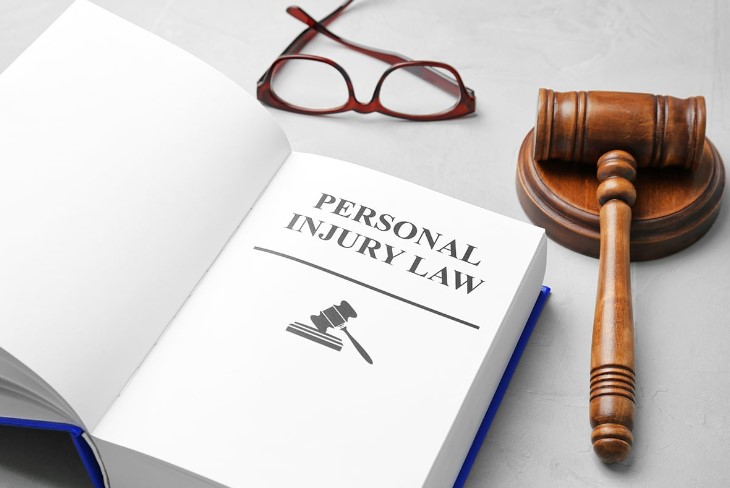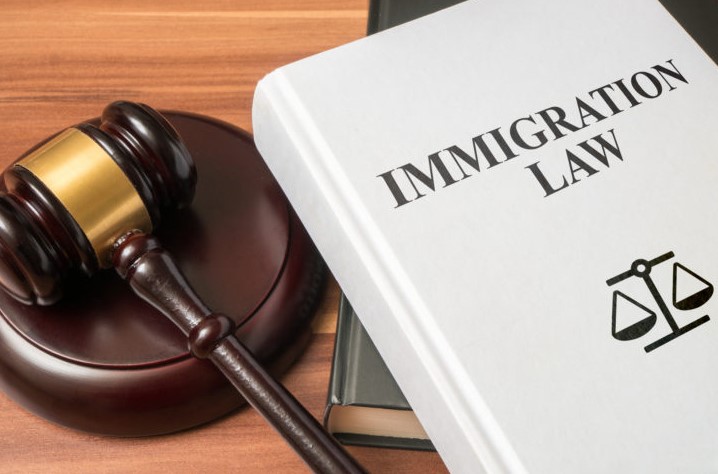
Understanding the Process – A Comprehensive Guide to Contested Divorce
Divorce is a complicated process. While every case is unique, it can help understand the general steps involved.
Sometimes, it may be possible to go the uncontested divorce route. However, there are specific criteria that must be met to do so. Here are some main issues that must be resolved: 1. Service.
Filing for Divorce
When a divorce is uncontested, it can be finalized in about two weeks. A divorce may take much longer when complex issues are involved, like child custody or financial disputes.
Once a divorce petition is filed, the other party (the “respondent”) has 20 days to file an answer with the court. This answer can include a counter-petition, so speaking with a contested divorce Tampa lawyer is essential as soon as possible.
Serving the other party is a critical step in the process as it puts them on notice they are being sued for divorce and can impact many crucial issues, including the length of the marriage. It also sets the clock on when other mandatory disclosure documents are due.
Serving the Other Party
As with all court processes, the other parties involved must be “served” (officially delivered) the divorce papers. It allows them to officially receive notice that their rights and responsibilities are being affected and provides them the opportunity to respond to those changes.
Private process servers or Hillsborough County Sheriff Process Servers usually do it. This step is necessary to ensure that the other party has an opportunity to respond to the contested divorce allegations before trial.
The case will go to trial if the spouses cannot settle their divorce matters through mediation or negotiated settlement. It requires a series of hearings, which both sides must attend and present evidence to the Judge, who will make final decisions on all outstanding issues.
Financial Disclosure / Discovery
When a divorce is contested, more steps must be taken to gear up for settlement. One of those is to conduct financial disclosures or discovery.
It typically involves serving a demand for information and documents, such as bank account statements, investment accounts, credit reports, business records, tax returns, property appraisals, and other items. Experts may also be ordered to determine the value of assets such as degrees, businesses, and homes.
Sometimes, the other party will not cooperate with discovery requests. It can be problematic, and your attorney must prepare various formal methods to compel the other side to cooperate in this area.
Depositions
A deposition is a face-to-face session where one party asks another party questions to discover all the facts that could help their case. Often, it involves multiple people (deponent, attorneys, court reporter), but sometimes it’s just the deponent and their attorney. They are asked questions under oath, and the answers can be used in court.
When giving a deposition, always be polite and respectful. Do not try to “win” your case; be truthful and honest about everything you know. Let the examiner know you want to see the document if you need clarification.
Parenting Course Completion
Divorce is never easy, but it can be incredibly challenging when children are involved. Disputes can arise over timesharing (custody) and visitation rights, child support or alimony, property division, etc.
In most divorce cases involving minor children, parents must complete a parenting course. It is a requirement that cannot be waived by either parent and is usually completed before the final hearing.
While it may seem frustrating and arbitrary to some parents, the purpose of these classes is straightforward. They are designed to help parents understand the impact of divorce on children and how to nurture their relationship with their kids better.
Final Hearing
Suppose you and your spouse settle all issues in the divorce through informal or formal mediation. In that case, your case will typically be uncontested, and the final hearing can happen within four to six months of filing your contested divorce.
Regardless of whether or not the divorce is uncontested, you must attend this hearing, as the Judge will only consider the testimony heard in court to determine the outcome of your case. Your attorney will help you prepare for this hearing to ensure that you are ready to testify on your behalf in front of a judge and can answer any questions the Judge may have.



